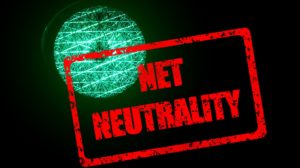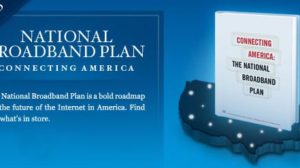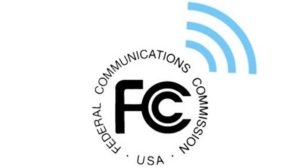In the aftermath of a devastating appellate loss for the FCC on network neutrality, the agency and Congress face a dizzying array of alternatives and options.
Net Neutrality Is Dead; Long Live Net Neutrality


In the aftermath of a devastating appellate loss for the FCC on network neutrality, the agency and Congress face a dizzying array of alternatives and options.

Release of Release of the FCC’s “National Broadband Plan” marks the start of what is likely to be a long and hotly debated implementation process, as the plan pits the interests of different industry segments against one other and tests the limits of the FCC’s regulatory authority.

In the United States, our political system does not even make food, shelter and clothing fundamental citizen (let alone human) rights. So where does anyone get off suggesting Congress or the FCC should declare that the Internet is something more important than the reality of basic human needs?

Don’t bet against technology. Increased efficiency in wireless data protocols trumps spectrum capacity all the time.

So exactly why are we paying for the “DTV transition” anyway? Did we pay for folks in the 1960s to switch from B&W to color televisions? No way.

The reaction in Silicon Valley to folks saying they’re from Washington, DC and are “here to help” may just be slightly more favorable going-forward.

Friday’s decision by the Federal Communications Commission to cite Comcast for unlawful violation of “network neutrality” principles raises the serious question whether a government agency should be allowed to issue what it expressly terms a set of non-binding “principles” and then make an official finding of illegality when a company fails to follow those principles.